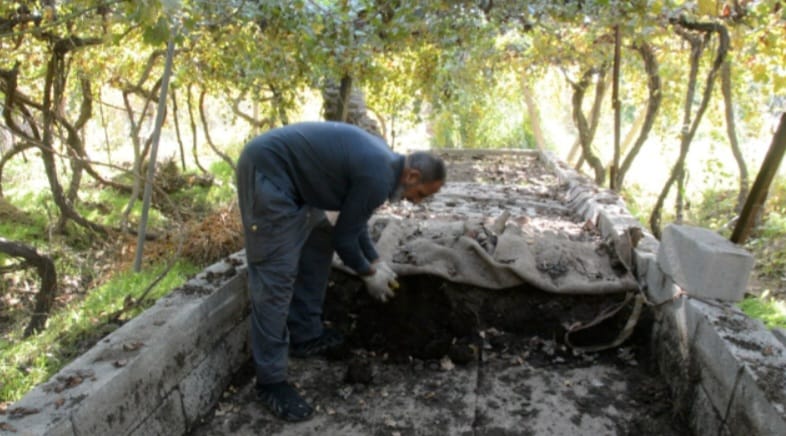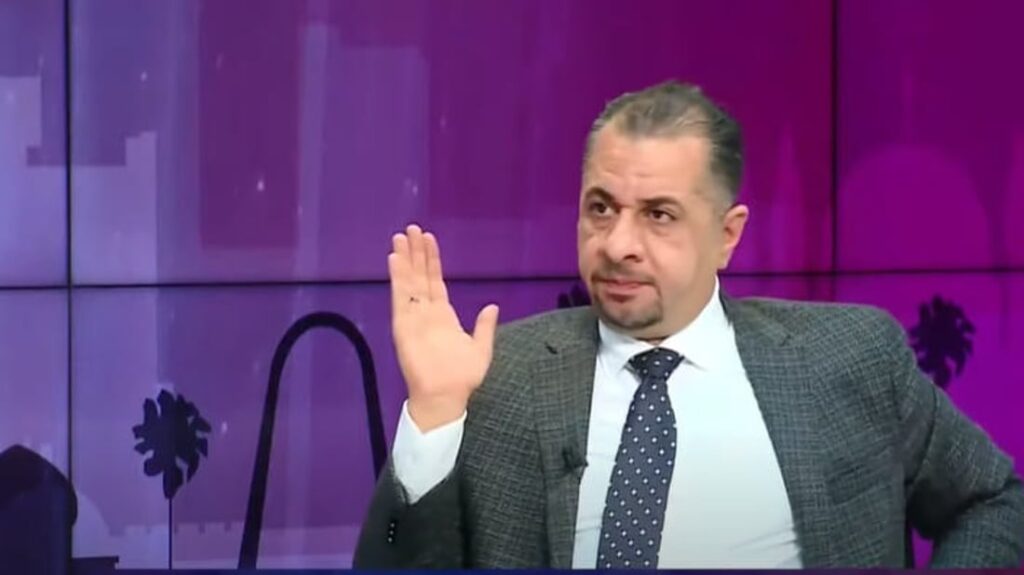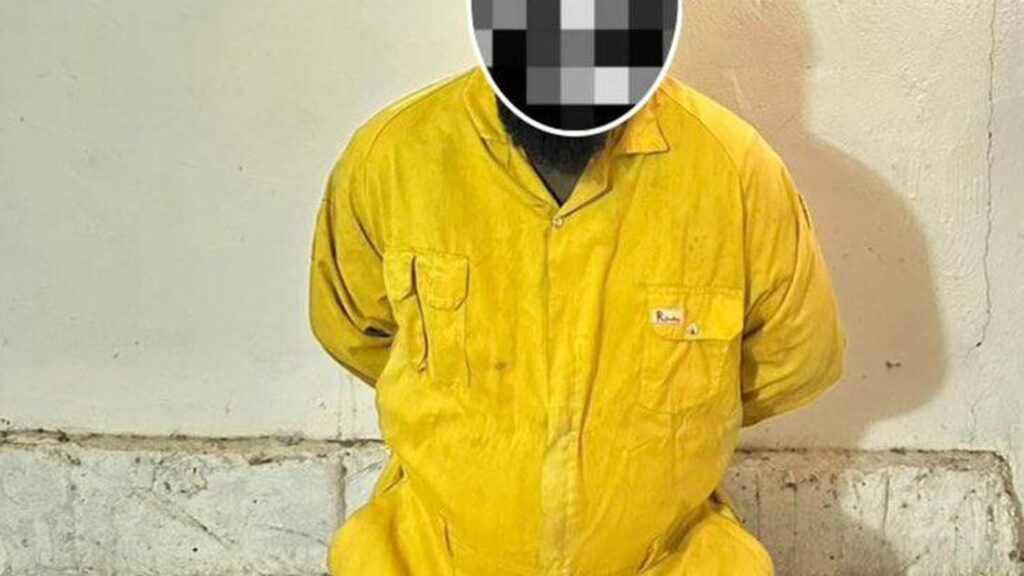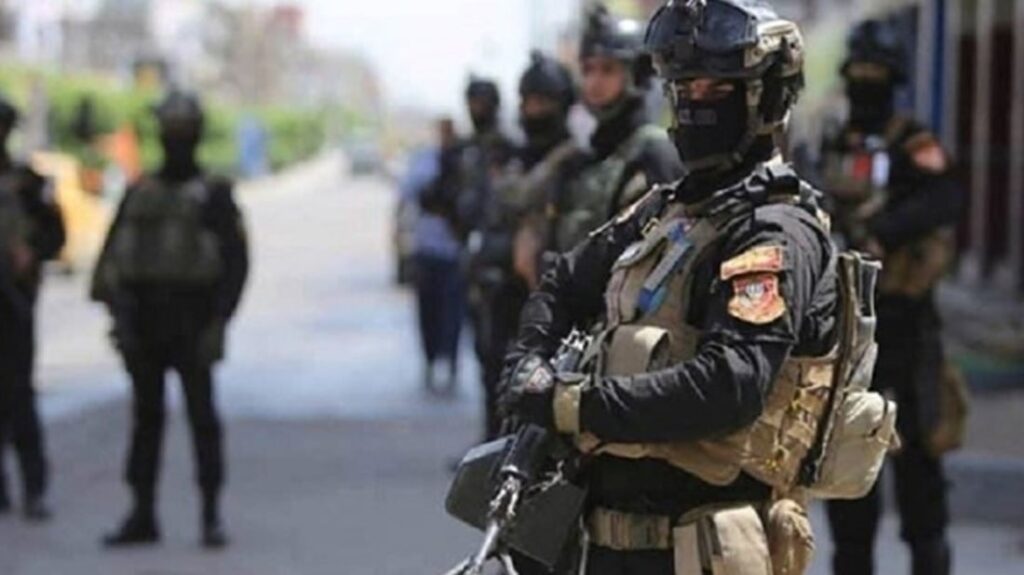Kurdish lawyer likely killed by Turkish police: Investigation

ERBIL (Kurdistan 24) – Independent researchers investigating the 2015 killing of a prominent Kurdish human rights lawyer in Turkey has concluded that police were most likely responsible, not the outlawed Kurdistan Workers Party (PKK) as has been alleged.
Tahir Elci, then the Chairman of the Diyarbakir Bar Association, was shot and killed during a press conference in the Kurdish majority city of Diyarbakir (Amed) in southeast Turkey. Later that day, the government-affiliated Anadolu news agency blamed the PKK.
However, according to evidence released publicly by a research agency on Friday, “The results of our analysis confirm with near-certainty that neither of the PKK militants could have fired the shot that killed Elci.”
The London-based organization, called Forensic Architecture, conducts probes into various incidents around the world “on behalf of international prosecutors, human rights organisations and political and environmental justice groups.”
In the days and weeks leading to the killing, Elci came under fire by Turkish government media for having said that the PKK was not a terrorist organization during a debate on CNN Turk TV. Prosecutors launched an investigation into his remarks, accusing him of "terrorist propaganda."
Elci used his final press conference to call for an end to conflict between the PKK and the Turkish state in Diyarbakir’s historic district of Sur. Instead, his killing marked a new escalation.
Initially, the Turkish media identified Mahsun Gürkan and U?ur Yaki?ir as possible culprits, accused earlier of killed two policemen while being followed and then fleeing toward Elci’s press conference.
Both are members of the armed youth wing of the PKK, known as the YDG-H (Patriotic Revolutionary Youth Movement). The group denied any role in the killing.
Friday’s report stated that Forensic Architecture's examination of the evidence and circumstances surrounding the killing “had led us to conclude that the PKK militants could not have fired the shot that killed Elci, and that there is no evidence that he was killed by a long-range weapon.”
“This process of elimination suggested that one of the police officers who fired their weapons during the incident could have been responsible for the fatal shot,” the organization concluded and suggested that three police officers “should be considered and questioned as suspects, and their actions investigated as such.”
Turkish government forces and Kurdish fighters have been locked in a war over Kurdish rights in Turkey for decades. After a period of relative calm, peace talks broke down in August 2015 and violence intensified in both urban and rural areas of Turkey, as well as over the southern border in the Kurdistan Region.
Four days after Elci’s death, the military laid siege on neighborhoods throughout the Sur district, sealing off access to an area barricaded by the YDG-H.
By the time the siege was lifted in March 2016, more than 200 people had been killed, according to human rights organizations and other humanitarian monitors who reported that bodies lay in the streets for weeks.
Eight-hundred buildings were destroyed during the siege, roughly eighty percent of an area that had been continuously inhabited for 7,000 years.
On Thursday, the European Court of Human Rights (ECHR) rejected cases filed on behalf of two of a total of more than 130 people killed when Turkish security forces surrounded three buildings in the city of Cizre during operations between December 2015 and February 2016, as reported by Al Monitor.
The court decided that it could not hear the cases because plaintiffs had not first taken them before Turkey’s constitutional court.
Editing by John J. Catherine






